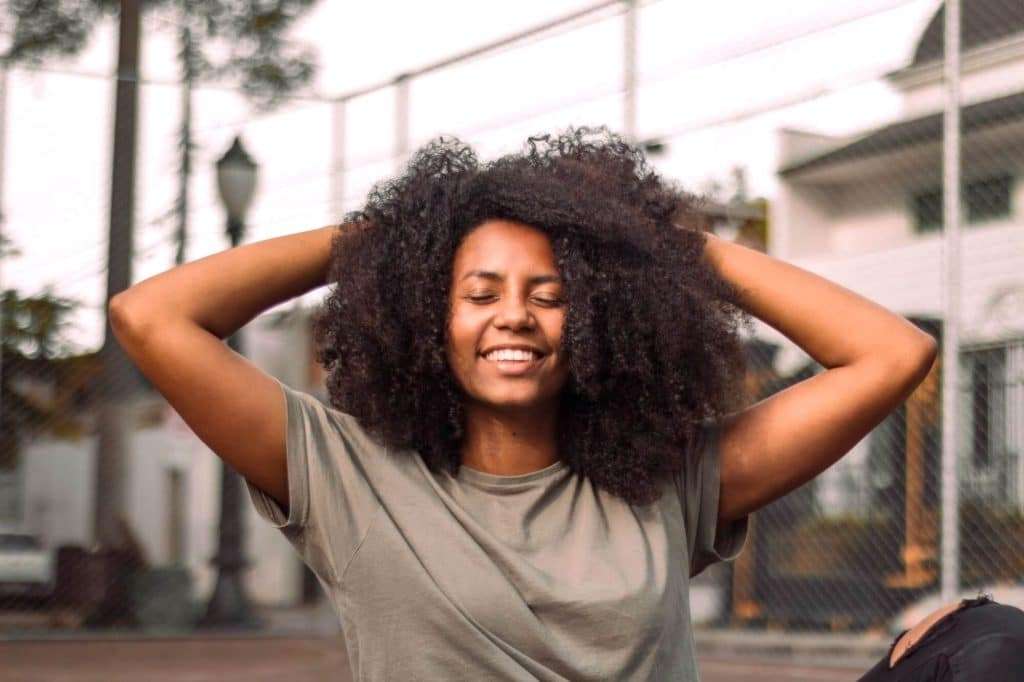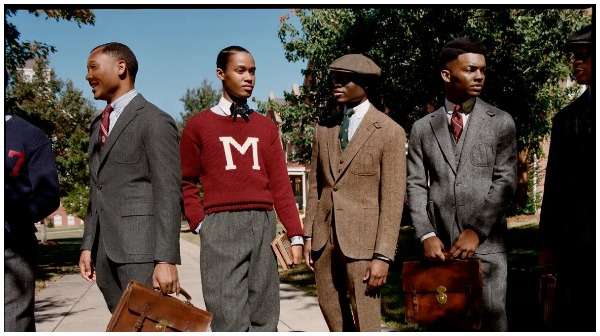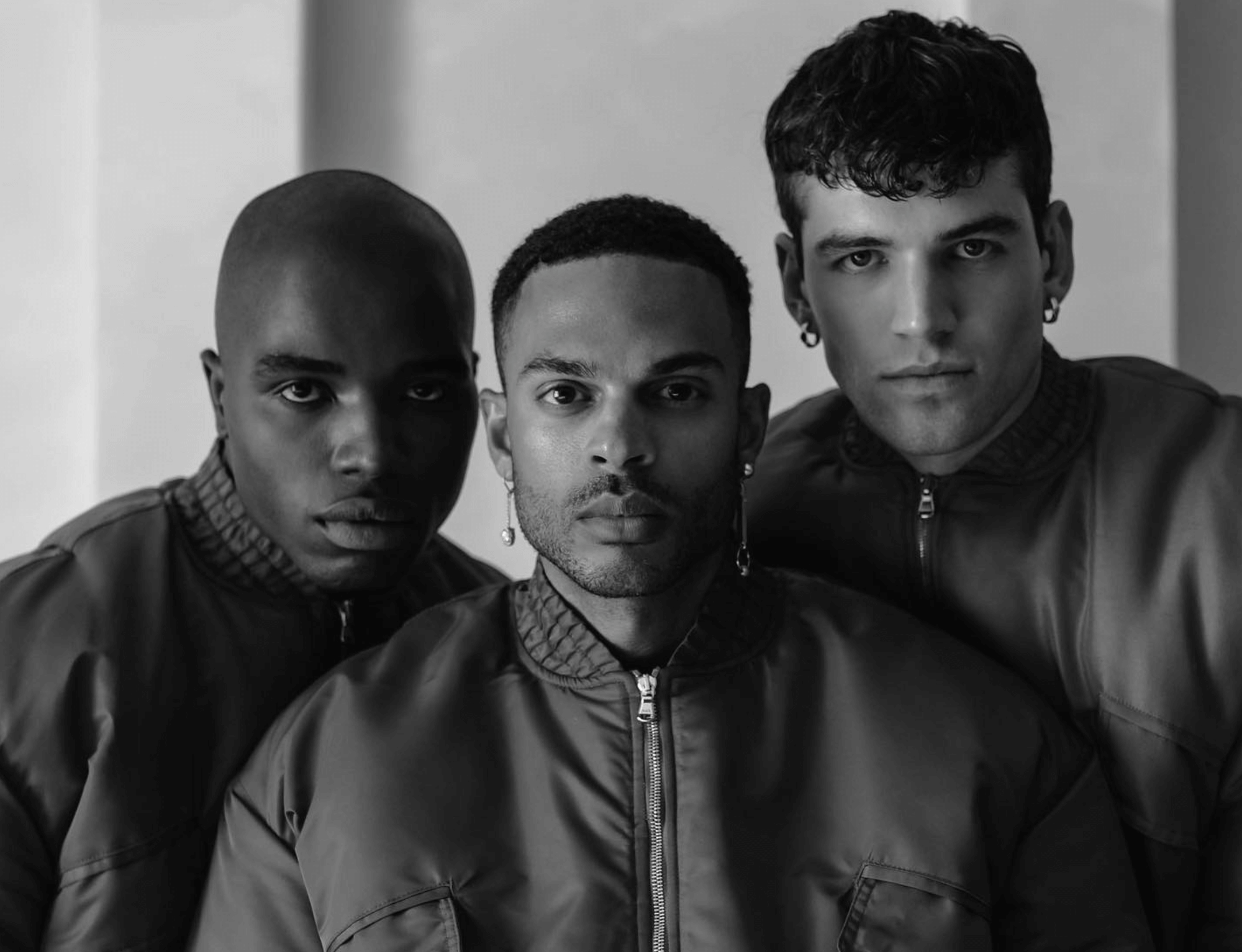The Los Angeles-based Sovereignty Company has been busy in its first year. But when it comes to advancing responsible fashion and supporting BIPOC designers, even amid a pandemic, there’s no time to waste.
The last year has seen Sovereignty announce its CEO accelerator program and host its first fashion show for its eco brand SO.TY., among other achievements. Now, the brand is working to raise $21 million to further its programs, scale its investments into BIPOC-owned sustainable fashion brands, and empower underrepresented communities.
“Designers of color helped shape fashion history and evolution but are still underrepresented and lack the resources and connections to build and grow their careers,” Neil Montgomery, founder and chief executive officer of Sovereignty Fashion CEOs Accelerator, said in a statement.
Sovereignty builds on Montgomery’s experience with social impact and is aimed at empowering fashion entrepreneurs of color to help solve climate change and inclusion challenges common in the industry.
“Our goal is to advance fashion entrepreneurs’ careers by giving them the tools to build sustainability into their brands and define their reputations as change-makers, leaders, and influencers in high-end fashion, which they so deserve,” Montgomery said.
The first of its kind circular social enterprise is based in Los Angeles and is focused on three key areas: a nonprofit fashion CEOs accelerator, a sustainable fashion brand SO.TY, and the Vision 33 impact funding plan, which will launch later this year as a financing arm for the accelerator brands.
The non-diluted accelerator offers resources to designers and entrepreneurs, helping them to design and launch sustainable, circular businesses.
The company says it will focus investments in ESG impact-driven startups and early-growth fashion brands. It will also work with tech companies that are often behind the scenes creating tools to move the industry forward. The accelerator funds BIPOC and underrepresented founders with pre-seed and seed capital. Participation in the accelerator comes with a $50,000 grant, eight months of training and education, as well as mentorship, and networking with like-minded fashion experts in the sustainability space.

But Sovereignty’s biggest impact may come from SO.TY, the fashion label helmed by Charles Harbison, who joins as chief fashion director. Harbison has worked with a range of celebrities including Beyoncé, Michelle Pfeiffer, and Ava Duvernay, and designed and directed sustainable lines for Ungaro in London, Cult Gaia & Nicholas in LA, and Banana Republic.
SO.TY will support the accelerator with four percent of all profits.
“Fashion makes up a huge part of the waste in our landfills, which impacts the environment in detrimental ways,” Harbison said. “We have tools to create sustainable models through slow and neo luxe fashion movements that uphold high-end fashion aesthetics. Sovereignty and SO.TY are working to be at the forefront of democratizing access to the next wave in sustainable design.”
Both SO.TY and Sovereignty align with the United Nations Sustainable Development Goals 4, 5, 6, 8, 9, 10, 12, and 13, the Paris Agreement, as well as the Fashion Industry Charter for Climate Action, sponsored by the United Framework Convention on Climate Change (UNFCCC).
Fashion’s diveristy issue
Fashion has long had a diversity issue; 80 percent of fashion manufacturing jobs go to people of color (typically women), but designing and executive positions have long been a white-dominated industry.

There have been shifts recently, however. Notable Black designer, the late Virgil Abloh, helped redefine sustainability for Louis Vuitton. While the LVMH brand has yet to name a successor after Abloh’s untimely passing, his label Off White announced another Black designer, Ibrahim ‘Ib’ Kamara, was appointed his successor there.
Abloh and Black designers were the focus of a new Neiman Marcus Scholarship Fund announced ahead of Black History Month. The retailer partnered with the Fashion Scholarship Fund to support the Virgil Abloh “Post-Modern” Scholarship Fund, created in 2020 by the late designer. Its focus is on elevating Black students.
Fall 2021 saw the most racially diverse season of model castings—about 43 percent were people of color, according to recent data. McKinsey reported that 50 percent of employees of color said a career in the fashion industry is not equally accessible to all qualified candidates, and almost one in four questioned the meritocracy of opportunities.

Earlier this year, American fashion label Ralph Lauren released its first collection in collaboration with HBCUs Spelman and Morehouse. The collection was designed by alumni now employed by the label.
“This collection expresses the spirited history, deep sense of community, and legacy of timeless dressing at historically Black colleges and universities,” Ralph Lauren, executive chairman and chief creative officer of Ralph Lauren Corporation, said in a statement. “It’s so much more than a portrayal of a collegiate design sensibility. It’s about sharing a more complete and authentic portrait of American style and of the American dream—ensuring stories of Black life and experiences are embedded in the inspiration and aspiration of our brand.”
Sovereignty’s aim at supporting a sustainable fashion industry comes amid an increase in efforts to clean up the largely unregulated industry.
On the heels of California’s Garment Worker Protection Act (SB62), which passed last year, and efforts underway to bring more accountability to fashion labels in New York, Senator Kristen Gillibrand (D-NY) is expected to introduce a bill this week aimed at further accountability in the industry. Dubbed the FABRIC Act, it’s intended to do away with wage theft and bring more accountability and opportunity to the U.S. fashion industry.


